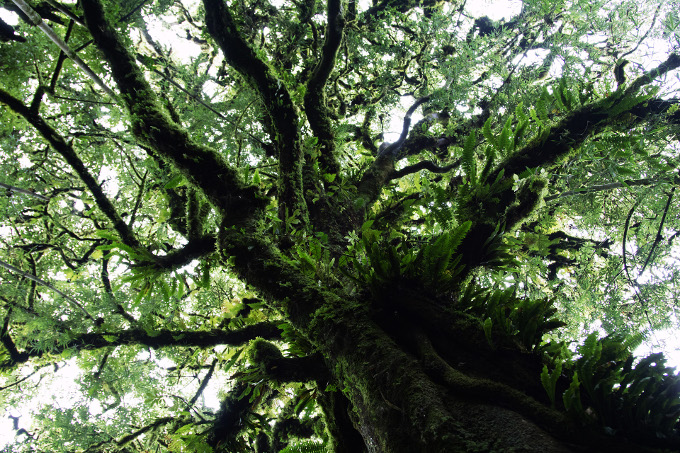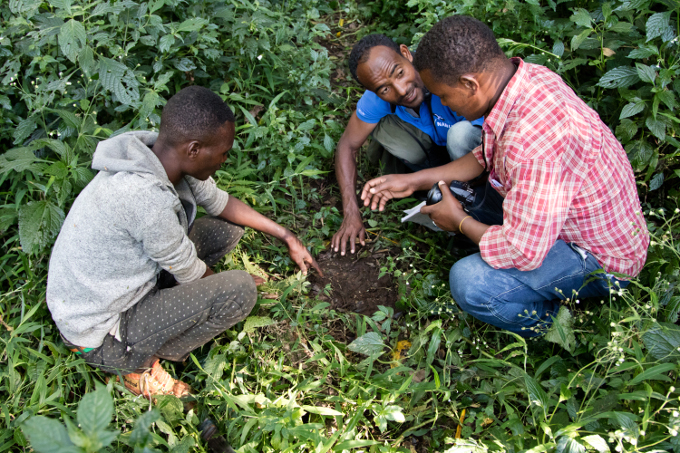Forests for life
Biosphere reserves as tool for community-driven long-term forest landscape preservation

Cloud forests in southwestern Ethiopia: rich in animal and plant species, some of them endemic - photo: Mathias Putze
21th March 2019 - Three forest biosphere reserves and almost 15 years of experience - NABU has played a key role in the protection of the southwest forests of Ethiopia. Establishing and strengthening UNESCO biosphere reserves (BR) as model areas for sustainable coexistence of people and nature. NABU supports the three Ethiopian UNESCO biosphere reserves, namely Kafa, Yayu and Sheka. Their combined core areas amount to 111,160 hectares. An area 1.5 times as large as Singapore is thus highly protected, prohibiting most human activities.
NABU's success through over a decade of engagement in Kafa BR is largely based a strong engagement of the local communities, involving everybody from spiritual leaders to primary school children. While acknowledging the value of local traditions and well-established community practices and structures, NABU promotes Participatory Forest Management (PFM) as an important pillar for forest conservation. PFM provides communities that live in or close to forest areas with legal forest use rights, in exchange for taking over management and implementation responsibilities, such as the supervision of rules for sharing forest resources. 20 such user groups have been established and supported by NABU since 2009, ensuring sustainable forest management in an area of more than 16,000 hectares.

NABU strengthens the foundation for the sustainable coexistence of people and nature - photo: Mathias Putze
Since 2015, NABU is also commissioned by GIZ to support the conservation of the two forest biosphere reserves Yayu and Sheka, as part of a consortium together with the consultancy UNIQUE Forestry and Land Use.
NABU and UNIQUE support the promotion of existing and new value chains to reduce the pressure on the precious rainforests in Sheka and Yayu Biosphere Reserves. The forests provide local communities with various goods and services, including non-timber forest products such as wild coffee, honey and spices. The protection of these natural resources is crucial to maintain the food security of the communities.
The biosphere reserve concept focuses on sustainable development and offers a great chance to combine nature conservation with improved livelihoods for the local population. In line with NABU’s tenet “For people and nature”, we firmly believe that only via community engagement, which focuses on the local context and opportunities, is long-term nature conservation possible.
UNESCO biosphere reserves offer the framework in which natural resources can be protected to ensure their availability for future generations – and NABU will continue its efforts to promote community-driven nature conservation.
